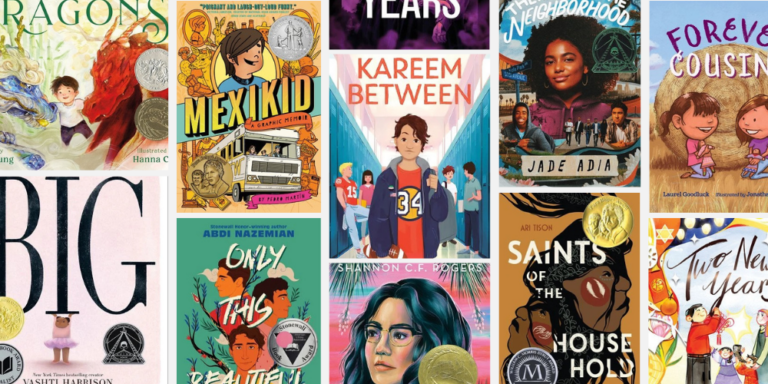“I believe we can change the world if we start listening to one another again. Simple, honest, human conversation. Not mediation, negotiation, problem-solving, debate, or public meetings. Simple, truthful conversations where each have a chance to speak, we each feel heard, and we each listen well.” –Margaret Wheatley
We all know the joy of a good conversation. We walk away from these experiences thinking to ourselves, “she knew just what to say to make me feel better,” “I feel so inspired and energized,” “we could talk for hours!” Most of us also know the disappointment when conversations don’t go well. We wonder where it went wrong or how we could have shared our thoughts with each other more productively. There is no doubt that communication plays a vital role in life. It is not only essential to sharing information and knowledge, but it also helps people to develop trust, respect, and connections with others. I believe much of our happiness and sorrow comes from our ability, or inability, to communicate and connect with others in meaningful ways.
As educators, effective communication is essential to both our personal and professional lives. Research shows that staff and students experience greater well-being when they feel heard, respected, and engaged. So how can we work to make sure our day-to-day conversations are productive and respectful? How can we overcome problems of the past to build stronger relationships today? As a member of the Curriculum and Instruction team at Learners Edge, I recently had the opportunity to explore these important questions as we prepared to bring you one of our newest courses, Stronger School Communities Through Improved Communication. I’m excited to share with you just a few of the highlights of this exploration into the power of communication!
Jim Knight, communication and coaching expert, and author of Better Conversations: Coaching Ourselves and Each Other to Be More Credible, Caring, and Connected, explains that personal habits and beliefs drive all of our interactions. Positive beliefs, such as equality between all participants and a commitment to positive, life-giving intentions, foster stronger connections, while other habits, like a lack of empathy or an unwillingness to find common ground, can create toxic conversations. Knight believes better communication comes from practicing a few specific positive habits and beliefs in our daily lives.
Take a look at some of these essential communication principles:
- Listen with and demonstrate empathy
- Take time to find common ground, especially within diverse teams
- Learn to ask engaging questions to create real back-and-forth dialogue
- Control negative judgments and emotional reactions
- Redirect potentially ‘toxic’’ discussions
One of my favorite concepts in Knight’s book is ‘being a witness to the good.’ All too often, we forget to share what is working well in our schools and with our teams. We are so focused on improvements and overcoming challenges, we forget to commend ourselves, and our colleagues, for what we have already accomplished. Each time we work with others, we need to share our appreciation – for the support they give us, the ideas they share, even their willingness to raise concerns or ask for change. Slowing down and taking the time to develop these work relationships, celebrating each individual’s contributions and gifts, and working to overcome differences with open minds, allows us to work with diverse teams to ultimately meet the needs of our students and their families. I cannot think of a more powerful way to create change in our schools!
If you are interested in learning how to improve communication skills and coach others to do the same, check out our exciting new Learners Edge Course 5037:Stronger School Communities Through Improved Communication. Based on Jim Knight’s proven coaching-conversation strategies, discover the power of focused listening, open inquiry, and non-judgmental feedback. Use your new knowledge for self-reflection, team-building, or a school widefocus on more productive communication. Explore how better conversations can and do improve relationships and help in building a school community with this engaging new course!
Source:
- Knight, J. (2016). Better Conversations: Coaching ourselves and each other to be more credible, caring, and connected. Thousand Oaks, CA: Corwin.
***
Learners Edge is passionately committed to providing you with continuing education coursework, materials, and tools that will help you succeed in your classroom and in your career.
Offering more than 100 print-based or online courses for teachers, you can earn the graduate credit you need for salary advancement and meet your professional development needs. Contact us today to get started!







